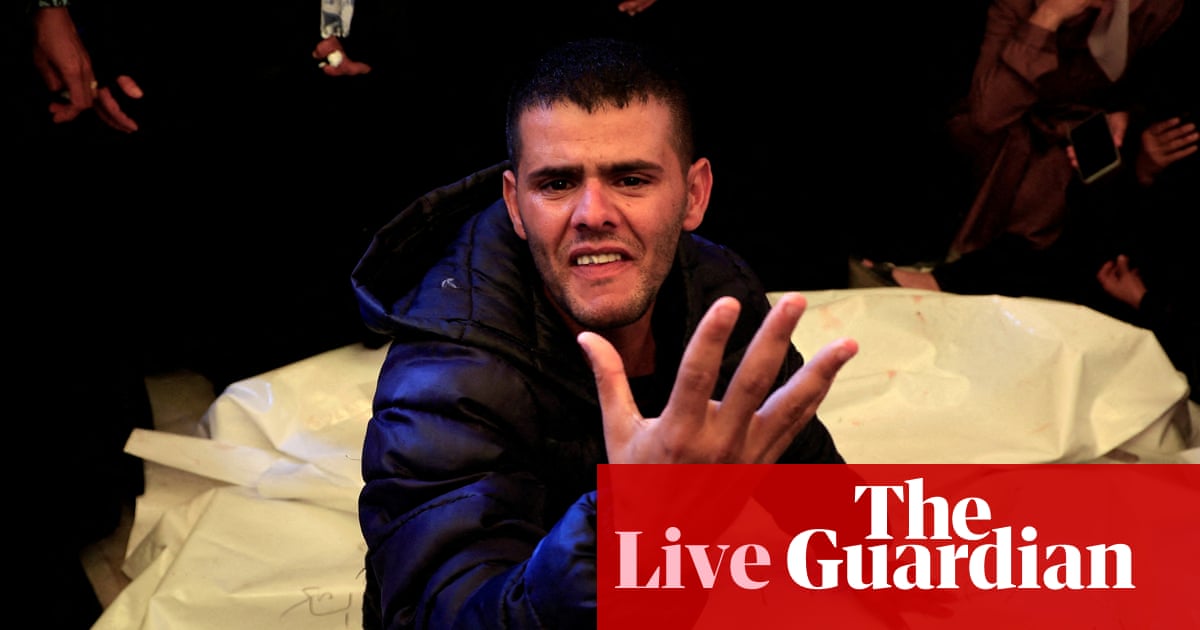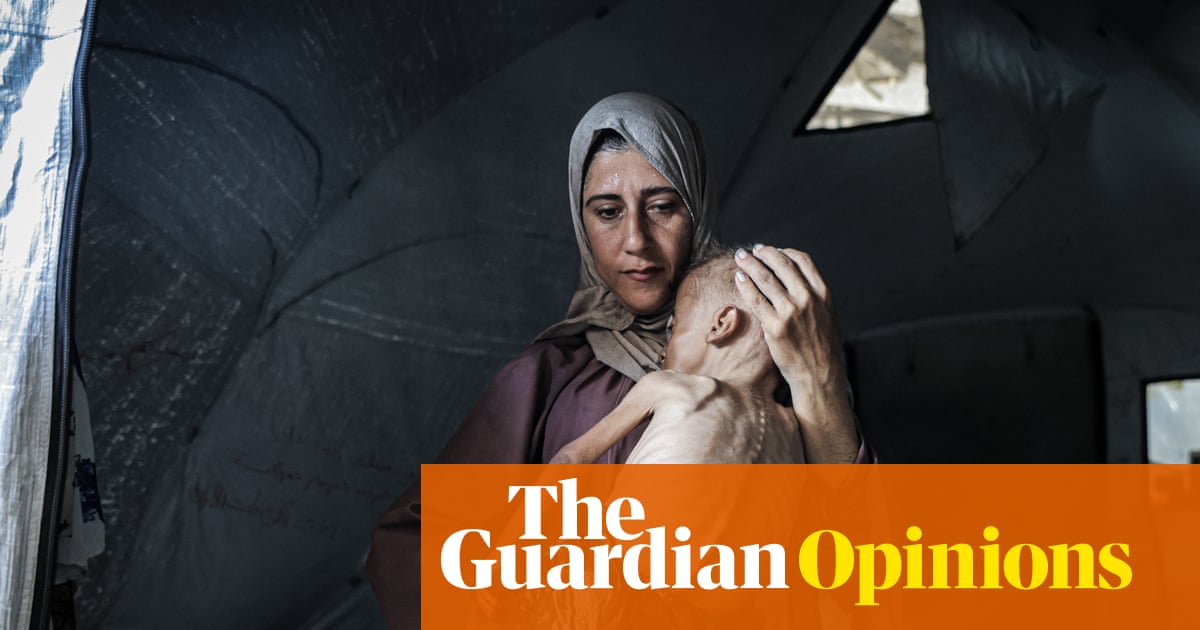Escalating Conflict: Israel's Campaign Against Gaza Hospitals and Intercepted Attacks from Yemen

In a grave escalation of hostilities, the health ministry of Gaza has released a statement accusing Israel of intensifying its systematic campaign to target hospitals within the territory. This alarming trend follows the recent crippling of the European Gaza hospital, which has left many in dire need of medical assistance. Since dawn today, reports indicate that the Israeli military has stepped up its bombardment and siege of the Indonesian hospital located in the northern Gaza Strip. The health ministry emphasized the growing state of panic and confusion among patients at the hospital, revealing that two individuals were injured while attempting to evacuate amidst the chaos.
The ongoing conflict has left Gaza’s healthcare system in a state of near collapse. The repeated Israeli airstrikes and military raids on medical facilities have significantly hindered operations, leaving healthcare workers overwhelmed and unable to provide adequate care to the increasing number of casualties. Reports have highlighted that many of the injured are children, with numerous cases of amputations occurring due to the severity of injuries sustained during the attacks. Khalil Al-Deqran, a spokesperson for the Gaza health ministry, spoke to Reuters, stating that the hospitals are grappling with critical shortages of medical supplies.
Meanwhile, the situation in the region remains dire. Family members are mourning their loved ones, including Heba Shakura, who grieves for her son Islam Abu Mahdi, a victim of an Israeli airstrike. The funeral for Mahdi was held at the Indonesian hospital, showcasing the personal tragedies unfolding amid the larger conflict.
In another troubling development, the Israeli military reported this morning that it successfully intercepted a missile launched from Yemen aimed at Israel. The missile attack, which originated from the Iranian-backed Houthi rebel group, targeted Israel’s main airport, Ben Gurion, located near Tel Aviv. Houthi military spokesperson Yahya Saree announced that they had fired two ballistic missiles during an overnight operation, including a hypersonic Palestine 2 missile and a Zulfiqar missile.
The missile launch prompted air raid sirens to sound across central Israel, inciting panic among residents who rushed to find shelter in the middle of the night. The Houthis have consistently aimed their missile strikes at Israel, framing their actions as solidarity with Palestinians suffering under Israeli military actions in Gaza. In retaliation, Israel has executed airstrikes against targets in Yemen, heightening the cycle of violence. Notably, a recent strike on May 6 damaged Yemen's main airport in Sana'a and resulted in multiple fatalities.
Amidst this turmoil, Israeli Prime Minister Benjamin Netanyahu finds himself under increasing scrutiny from both domestic and international communities. Critics have accused him of leveraging the ongoing war with Gaza to bolster his political standing, particularly as he faces corruption charges in a high-profile trial. Detractors suggest that Netanyahu is intentionally prolonging the conflict to undermine peace negotiations and maintain his grip on power. The Prime Minister has made it clear that Israel’s military operations will persist until all stated objectives are achieved, including dismantling Hamas and ensuring the release of hostages taken by the militant group.
Recently, Netanyahu's government has faced backlash for violating a ceasefire agreement established in January, which was intended to facilitate negotiations and the return of Israeli hostages. The situation escalated further in March when Israel launched a series of airstrikes that many believe jeopardized the possibility of a peaceful resolution, with families fearing for the safety of loved ones still held captive.
At the same time, ceasefire discussions continue in Qatar, where Hamas has reportedly agreed to release nine hostages in exchange for a two-month truce and the release of Palestinian prisoners held by Israel. Reports indicate that the proposed deal would also allow for the entry of 400 aid trucks daily into Gaza and facilitate the evacuation of medical patients. However, optimism regarding the negotiations remains muted, with Israeli officials expressing concerns over the need for proof of life for hostages still in captivity.
As the conflict rages on, the stakes grow higher, and the humanitarian crisis in Gaza becomes increasingly urgent.



























